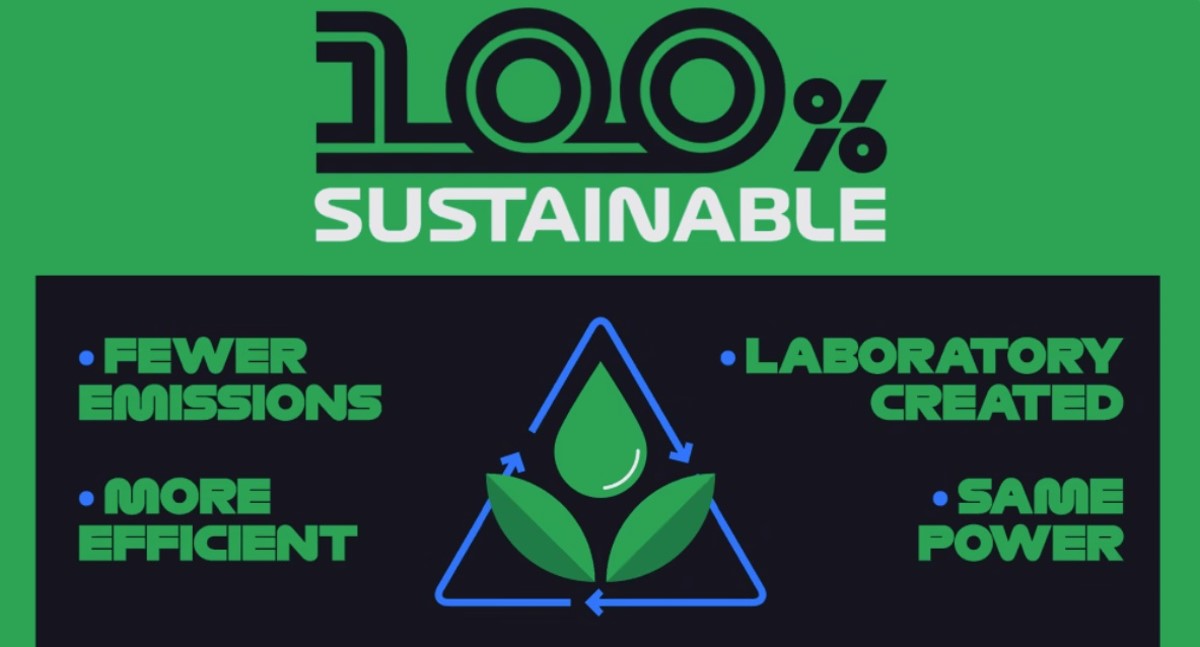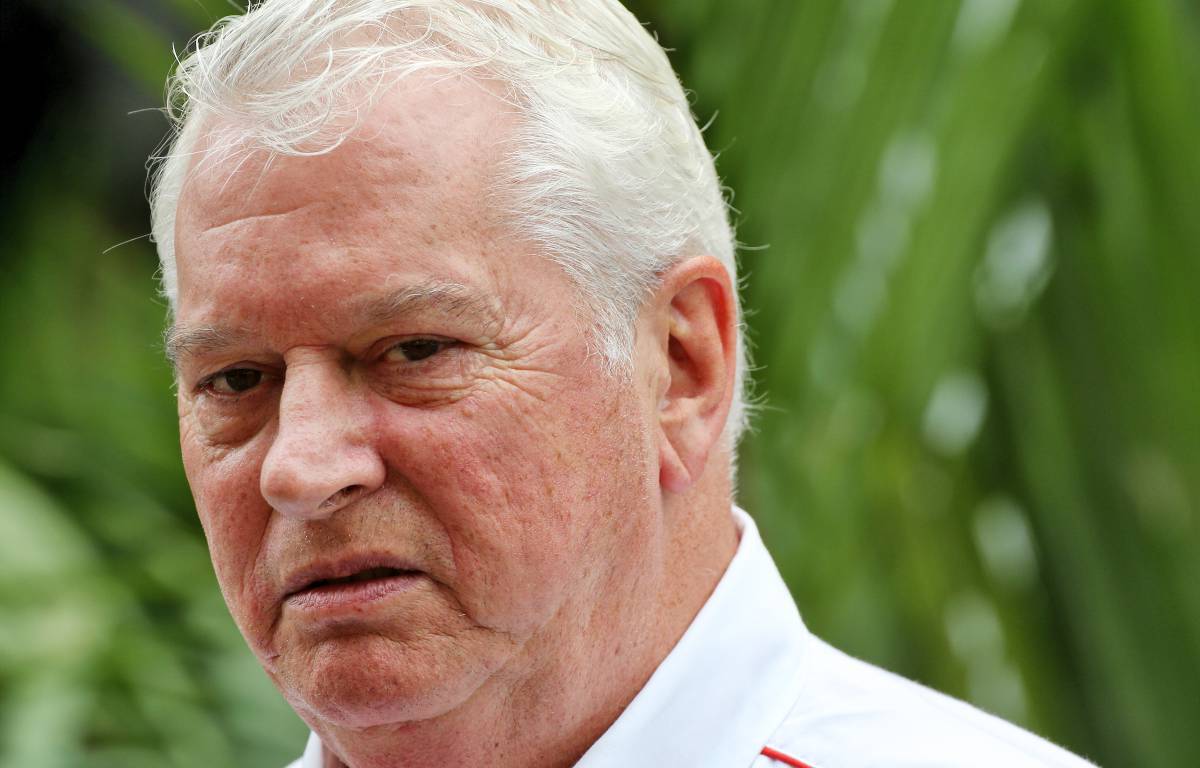F1: Regulations will prevent expensive arms race for sustainable F1 fuel – Symonds (Update)
–by Mark Cipolloni–
As we reported below, the European Union will reportedly make an exemption for synthetic fuels (or e-fuels) under its planned 2035 ICE ban under pressure from Germany. However, the new leeway reportedly comes with conditions that German officials still dislike.
In a draft proposal for the ICE phaseout, reportedly seen by Reuters, the ban now includes an exemption for vehicles tuned to burn synthetic fuels. It will require these vehicles to lock out other fuels to limit their net carbon emissions, which e-fuels greatly reduce.
The exemption was reportedly requested by Germany as noted below but the country is pushing back further. The current woke proposal would reportedly require the development of new ICE vehicles tailored to e-fuels, which would be difficult for German automakers committed to ceasing ICE development—Audi for example plans to cease ICE production by the end of 2026, which could lead to its demise given very few consumers are buying their current EV offerings. The European Commission reportedly aims to resolve its conflict with Germany by today’s E.U. summit.
Stay Tuned…….
March 15, 2023
–by Mark Cipolloni–
Following a meeting amongst transport ministers from several EU countries on Monday, Germany has now formed an alliance with Italy and additional territories in Eastern Europe in opposing the commission’s proposed ban on combustion cars by 2035 until exemptions are added for vehicles propelled entirely by carbon-neutral e-fuels.
The saga continues as car manufacturers realize that electric cars are NOT the answer.
Last October, the 2025 ban on the sale of any cars using internal combustion engines had been approved by the EU’s 27 member states, including Germany.
Last week, ahead of the final vote to formalize the combustion ban into law, Berlin and transport minister Volker Wissing suddenly broke from the pack, rescinding Germany’s vote of confidence, stating that further changes pertaining to e-fuels were required first.
Wissing argued that the guidance on the use of carbon-neutral fuels remained unclear, demanding exemptions for vehicles running entirely on e-fuels. German automakers like Porsche backed the sentiment from Germany’s pro-business government party led by Chancellor Olaf Scholz. As a result, the EU Commission postponed the final vote as Germany’s blessing would be required.
Wissing stated that Germany and its new alliance members want to see vehicles running on e-fuels alone, exempt from the combustion ban, which could offer an alternative to battery electric vehicles.
At that time, we reported that Germany remained optimistic a deal could get done, as long as those inclusions of e-fuel vehicles were added. As of yesterday, the EU appeared poised to step up to the negotiation table, stating it would continue to postpone the final vote while it worked to add carbon-neutral fuel exemptions, although the what and the how remain unclear and could remain so for quite some time.
According to Automotive News Europe, transport ministers from Germany, the Czech Republic, Hungary, Italy, Poland, Romania, and Slovakia met on Monday to discuss what changes they’d like to see to the European Union’s 2035 combustion car ban.
Formula 1 research will be instrumental in retaining internal combustion engine
F1 chief technical officer Pat Symonds is confident the proposed switch to sustainable fuels will not lead to an expensive arms race between suppliers.
Formula One is aiming to stop using fossil fuel in its internal combustion engines beginning in 2026. It hopes that competing suppliers will in the meantime come up with good alternatives for the sport.
A technological breakthrough in this respect may also have a widespread impact, as an environmentally friendly fuel could then be made available for the public.

“We’ve thought about it quite a lot, actually,” said Symonds about the danger of an expensive arms race.
“And right from the start, Aramco has been very involved with advising us on how to formulate these fuels, and indeed have made many candidate fuels for us to test and to understand the sensitivities of various things.
“I think the fundamental answer lies in the fact that we move from a mass flow to an energy flow. If we’d stayed on a mass flow, I think there was every reason, even within the very carefully formulated regulations, to believe that someone may have been able to do that.
“But if you are limited on energy, then in simple terms it is converting that energy into power that matters. And you won’t run away with things.
“There are nuances to that. And there’s more to a good fuel than just what its energy content is. There are all sorts of things: it is volatility, it’s the flame speed. There are all sorts of things that define a good fuel.
“But, if anything, I think what we’ve done and what we’ve really concentrated on is opening up the process, and regulating the final content.
“And I think if maybe politicians had done that, when they’re talking about how to decarbonize the world, and let the engineers define the process rather than dictating what that process should be, I think we might be in a better place now.
“The regulations have been very carefully designed, such that we can really promote different methods of producing these fuels. This is a very, very new technology.
“There are many different ways of producing fuels, and no one is yet sure exactly, which is the best way. So we’ve written the rules very carefully to try to promote the competition to produce fuels in different manners. And yet, at the same time, not to produce a fuel that will be a runaway for whoever does it best.”
